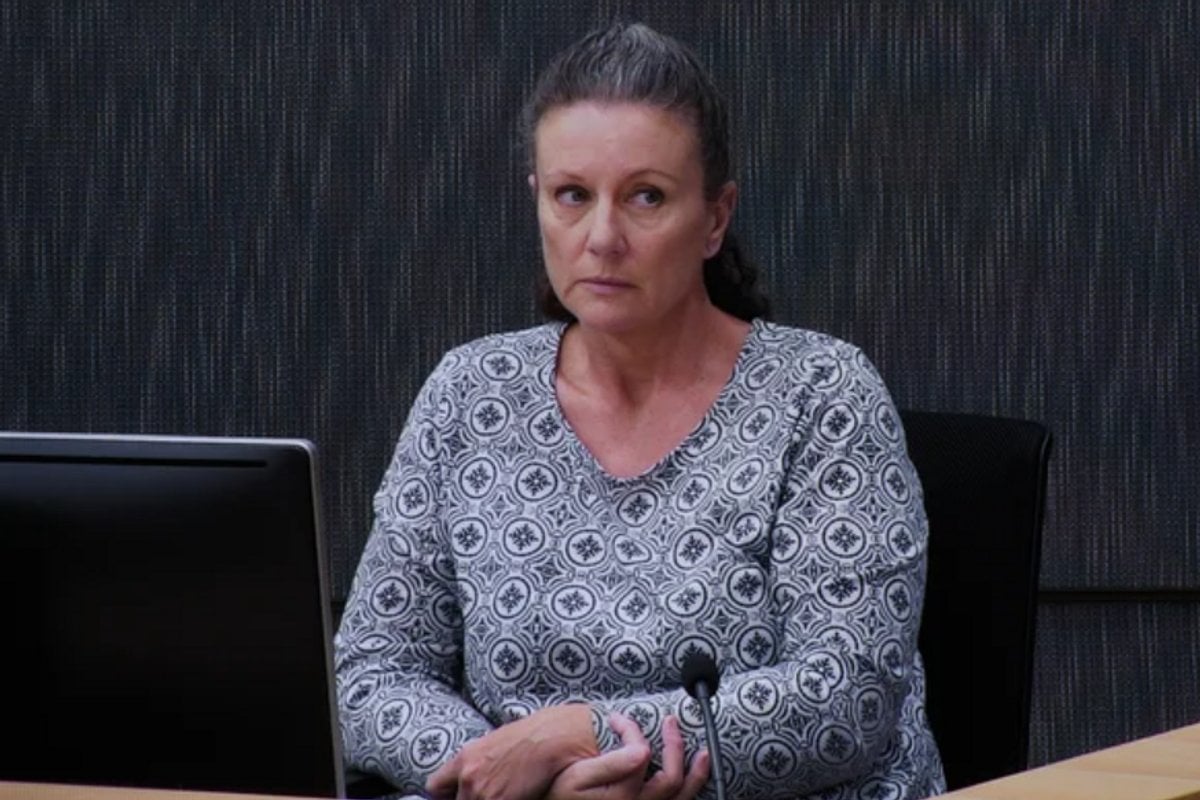
In 2003, Kathleen Folbigg was convicted of killing her four children.
She has now been released from prison, 20 years later, after being pardoned by the Attorney General of New South Wales.
While Folbigg received an unconditional pardon, her conviction is not quashed and she has not yet been formally exonerated.
Few Australians have been exonerated or pardoned, so we know more from cases in the United States.
Being released from prison comes with unique and significant psychological and practical challenges.
Here’s what the research tells us.
Practical barriers experienced by exonerees.
Typically, when someone is released from prison, they can access programs to assist with their reintegration into society. They may be eligible for halfway houses and have parole officers to help them with practical tasks, such as finding employment and seeking mental health treatment.
While exonerees have spent time in prison, they are no longer considered a (former) prisoner and may not have access to these same kinds of services.
Some states in the US now have specialised programs to assist exonerees after release. But the limited number of exoneration cases in Australia mean such services don’t exist here.
Even with assistance, exonerees often still struggle to organise their life after prison. For one, they may find it difficult to access compensation. US states have different compensation statutes that vary in terms of the amount exonerees can seek.




























































































